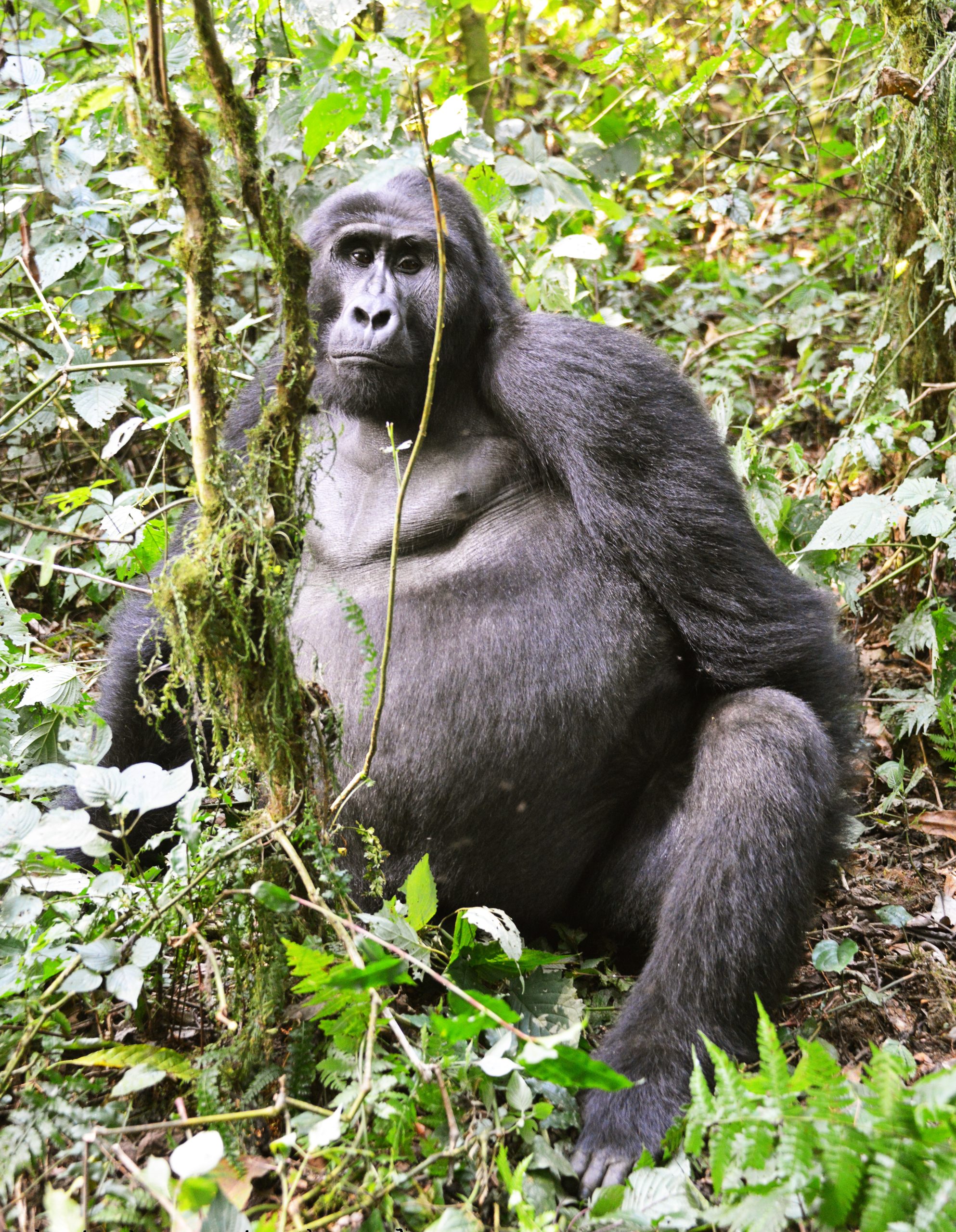“Unlocking the Wonders of the Wild: Discovering the Best Time for an African Safari Adventure”
Embarking on an African safari is a dream for many adventurers, offering a once-in-a-lifetime opportunity to witness the untamed beauty of the continent’s diverse wildlife. While Africa is a year-round destination for safaris, choosing the right time can significantly enhance your experience. In this guide, we’ll delve into the intricacies of the seasons, weather patterns, and wildlife behavior to help you pinpoint the best time of the year for an African safari.
The Seasons of Safari:
Africa experiences distinct seasons, each with its own charm and unique safari experience.
Dry Season (May to October):
The dry season is widely regarded as the prime time for safaris. During this period, the vegetation thins out, making it easier to spot wildlife. Animals also congregate around water sources, providing excellent game-viewing opportunities. The crisp, dry air and clear skies enhance visibility and create stunning landscapes for photography.
Wet Season (November to April):
While the wet season might deter some travelers, it has its own allure. The landscape transforms into a lush, green paradise, and newborn animals dot the scenery. Migratory birds arrive, adding a vibrant touch to the skies. However, it’s essential to be prepared for occasional rain showers.
The Great Migration Magic:
If witnessing one of the most spectacular natural events on Earth is on your bucket list, plan your safari around the Great Migration in East Africa. The migration involves millions of wildebeest, zebras, and other herbivores moving across the Serengeti and Masai Mara in search of greener pastures. The best time to catch this awe-inspiring spectacle is generally between July and October.
Birdwatcher’s Paradise:
For bird enthusiasts, the wet season is a hidden gem. Migratory birds from Europe and Asia make their way to Africa, showcasing an impressive array of colors and species. Birdwatching during the wet season can be a rewarding and unique safari experience.
Avoiding the Crowds:
While the dry season offers excellent game viewing, it’s also the peak tourist season. If you prefer a quieter experience and are willing to trade off slightly reduced visibility, consider visiting during the shoulder seasons—April to June and November. During these months, you can enjoy a more intimate encounter with nature and often find better rates on accommodations.
Weather Considerations:
Understanding the weather patterns in different regions is crucial for planning a successful safari. East Africa tends to have a more predictable climate, while Southern Africa experiences more varied weather conditions. Be sure to pack accordingly, considering both daytime heat and potential cooler evenings.
Conclusion:
Embarking on an African safari is an enchanting adventure that promises encounters with the wild in its purest form. Whether you choose the dry season for optimal game viewing or the wet season for a unique perspective, each time of year offers a distinct safari experience. Consider your preferences, wildlife interests, and weather comfort to select the best time for your African safari, and get ready for an unforgettable journey into the heart of the continent’s natural wonders.

